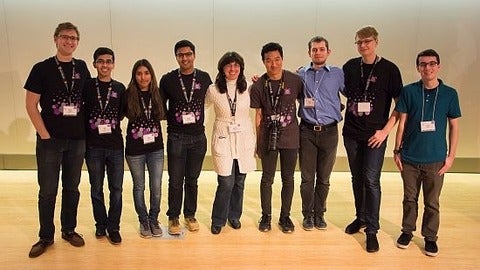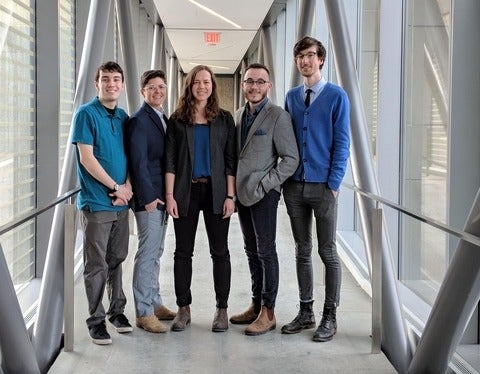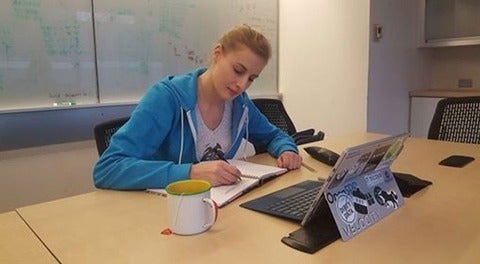SannTek, creators of a nanotechnology-based sensor that can immediately detect and quantify an individual’s degree of marijuana intoxication, has added another couple awards to their growing list of accomplishments.
En route to developing their Nanotechnology Engineering Capstone Design project into a commercial venture, Chris Taylor, Noah DeBrincat, Karolyn Mackwiak, Benjamin Milligan and Thomas Dunlop, aka SannTek, have been looking for funding and finding success among some strong competition.


